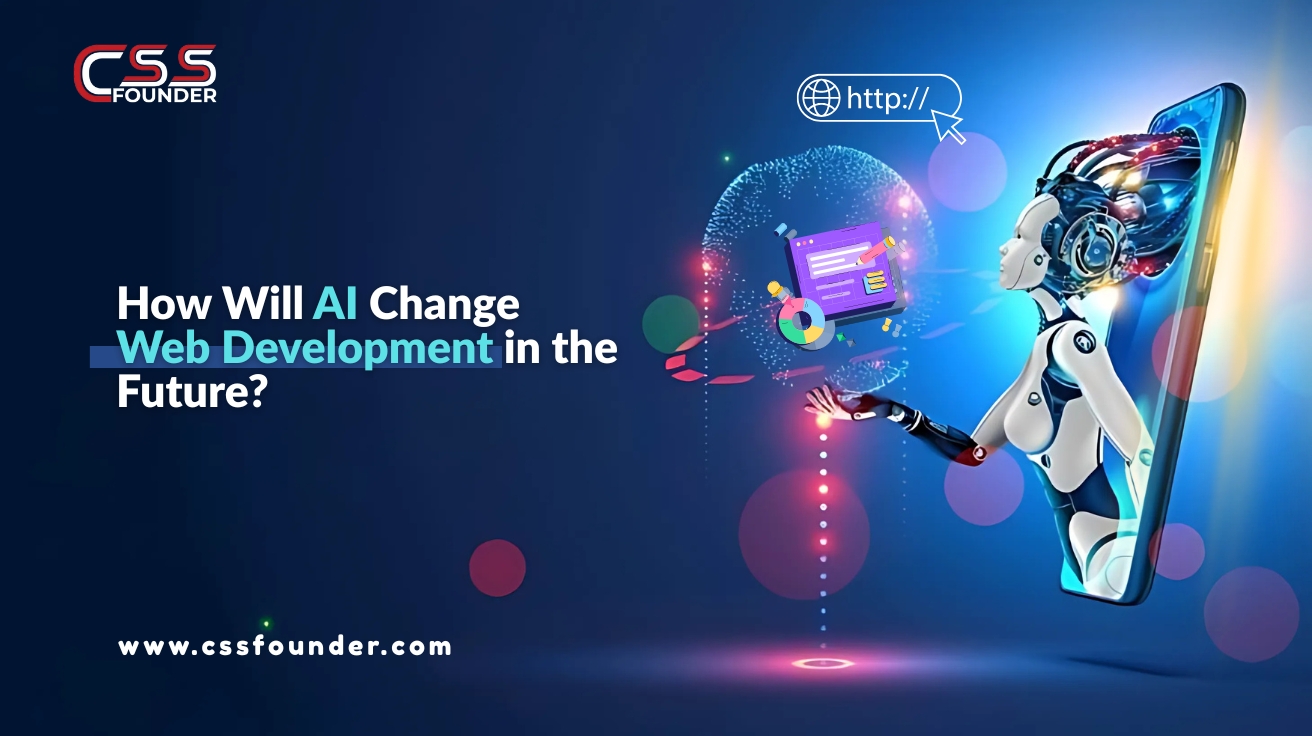As we are evolving with AI technology, the world of B2B marketing continues to evolve rapidly. New technologies, shifting customer expectations, and changing market dynamics are reshaping the strategies and tactics that businesses use to connect with other companies. To stay ahead of the curve, it’s crucial for B2B marketers to anticipate and adapt to emerging trends. Here are six key B2B marketing trends to watch in 2024:

- The Rise of AI-Powered Marketing
Artificial intelligence (AI) has already begun to transform various aspects of marketing, and its impact is set to grow even more significant in 2024. AI-powered tools will become increasingly sophisticated, enabling marketers to automate and optimize a wide range of tasks, from content creation and personalization to lead scoring and predictive analytics.
Companies will leverage AI to gain deeper insights into customer behavior, preferences, and intent, allowing them to deliver more targeted and relevant messaging. AI-driven chatbots and virtual assistants will also play a bigger role in providing seamless customer experiences and real-time support.
- Emphasis on First-Party Data and Privacy
With increasing concerns over data privacy and the phasing out of third-party cookies, B2B marketers will need to double down on collecting and utilizing first-party data. This data, obtained directly from customers and prospects through interactions and opt-in channels, will become a critical asset for personalization, segmentation, and targeting.
Companies will need to be transparent about their data practices and provide clear value propositions to encourage customers to share their information willingly. Privacy-compliant strategies, such as zero-party data collection and consent management, will become essential for building trust and maintaining long-term customer relationships.
- Account-Based Marketing (ABM) 2.0
Account-Based Marketing (ABM) has gained significant traction in recent years, and 2024 will see a evolution of this approach. ABM 2.0 will involve more sophisticated data integration, advanced analytics, and multi-channel orchestration to deliver hyper-personalized experiences at an account level.
Marketers will leverage AI and machine learning to identify and prioritize high-value accounts, predict buyer behavior, and optimize account-specific messaging and content across multiple touchpoints. Collaboration between marketing, sales, and customer success teams will be crucial for executing effective ABM strategies.
- Immersive and Interactive Content
In a crowded digital landscape, B2B marketers will need to create more engaging and immersive content experiences to capture and retain audience attention. This will involve leveraging emerging technologies such as augmented reality (AR), virtual reality (VR), and interactive video.
AR and VR can be used to provide virtual product demonstrations, immersive training experiences, and interactive visualizations of complex solutions. Interactive video content, with features like clickable hotspots and branching narratives, will allow customers to explore information in a non-linear, self-guided manner.
- Emphasis on Sustainability and Purpose-Driven Marketing
As environmental and social concerns become increasingly important to businesses and consumers alike, B2B marketers will need to prioritize sustainability and purpose-driven messaging in their campaigns. Companies will need to clearly communicate their environmental, social, and governance (ESG) initiatives and demonstrate their commitment to responsible business practices.
Purpose-driven marketing campaigns that highlight a company’s values, social impact, and commitment to making a positive difference will resonate more strongly with customers. Authenticity and transparency will be key, as greenwashing and superficial messaging are likely to backfire.
- Influencer Marketing in B2B
While influencer marketing has been more commonly associated with B2C brands, it is expected to gain traction in the B2B space in 2024. B2B marketers will tap into industry experts, thought leaders, and influential voices within their target verticals to amplify their messages and build credibility.
Influencer collaborations can take various forms, such as co-creating content, participating in webinars or events, or endorsing products and services. Effective B2B influencer marketing will require identifying the right influencers, establishing authentic partnerships, and aligning messaging with the influencer’s area of expertise.
As we approach 2024, B2B marketers must stay agile and adaptable, embracing new technologies, strategies, and trends to remain competitive and connect with their target audiences effectively. By staying ahead of these six key trends, businesses can position themselves for success in the ever-evolving B2B marketing landscape.





.png)


